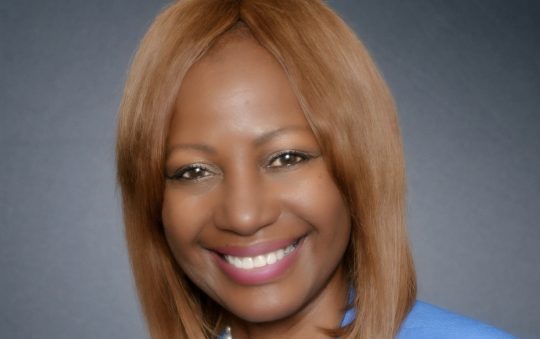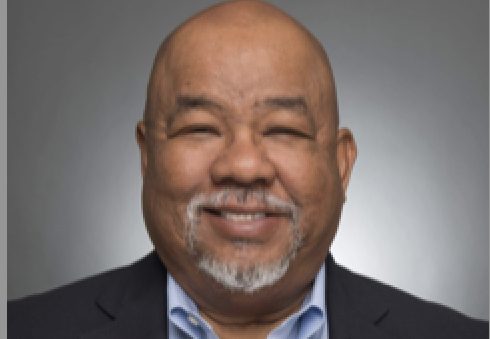
Over the past few months, one thing has become abundantly clear about the way the United States views the Black community: our whole story is not being told. When media outlets present viewers and readers with only prison statistics or poverty rates, those sources are promoting only a sliver of the truth.
That’s why Nielsen, the global company that measures what consumers watch, listen to and buy, committed this year to pulling back the curtain. The fifth annual report on Black consumers, titled “Increasingly Affluent, Educated, and Diverse: The Untold Story,” offers exciting and empowering insights in all areas of the Black consumer’s life. We supply the numbers that help inform business decisions around reaching these consumers. Our clients, the world’s biggest companies, brands and advertisers depend on our information to make informed decisions on how to design and market their products, so they are more relevant to your culture and preferences.
Before a company can make such a decision, they have to know it’s worth it. Those decisions cost money, so they have to know they are going to get a return on their investment. Two signs of good return on investment are youth and affluence. African-Americans are over six years younger than the total population, and have 42.3 years of “effective buying power.” What does that mean? If companies are able to make a meaningful connection with Black consumers now, they will have loyal customers for decades.
How much we have in “household income” is of interest to businesses too. At every income level above $60,000, Black income growth outpaced that of non-Hispanic Whites. That shows that we, as African-American household leaders, are working hard to create better lives for our families and represent a powerful source of growth for companies who want us to spend our money on their brands.

Another untold story? Our educational attainment. Black high school graduates in 2014 enrolled in college at a rate of 70.9%, which for the first time ever is higher than the rate of the total population. Who knew? I like to think that I, and my generation are the trendsetters, but the reality is that my son and his fellow millennials are the ones brands truly care about. As a result, Black millennials are some of the most coveted consumers in the country. Their ongoing education is therefore an important aspect of our untold story.
You can’t have a conversation about the Black community in 2015 without talking about Twitter. Scandal and Empire are the number five and six shows on Nielsen’s Twitter TV ratings. Scandal fans on average send 627,000 tweets per episode! That kind of conversation is vital to networks. There is power in your tweet.
Twitter is not only where we go to talk about our shows, though. It is also the essential modern activists’ tool. As of August, #BlackLivesMatter had garnered over 4.7 million mentions. #SandraBland had over 3.6 million. #Ferguson had over 2.4 million. Chances are if you feel shut out of a conversation, you can take it to Twitter and have your voice heard. Companies, brands and advertisers have full teams of people monitoring and attempting to moderate the conversation on social media. When you, as a socially conscious Black Twitter user, send a tweet critical of a brand’s products or services, they will work to solve your problem. Trust me, I’ve done it many times.
Black consumers like you and me matter. Our preferences, our habits, and most importantly, our culture matters. Nielsen is committed to continuing to tell the full Black consumer story, but we can’t do it without your input. If you are ever asked to participate in a Nielsen study or survey, say “Yes!” Be sure to stop by our booth at the Taste of Soul at the corner of Crenshaw and Dr. Martin Luther King Drive. Finally, if you want to see more of our insights visit www.Nielsen.com and follow us at @NielsenKnows!






